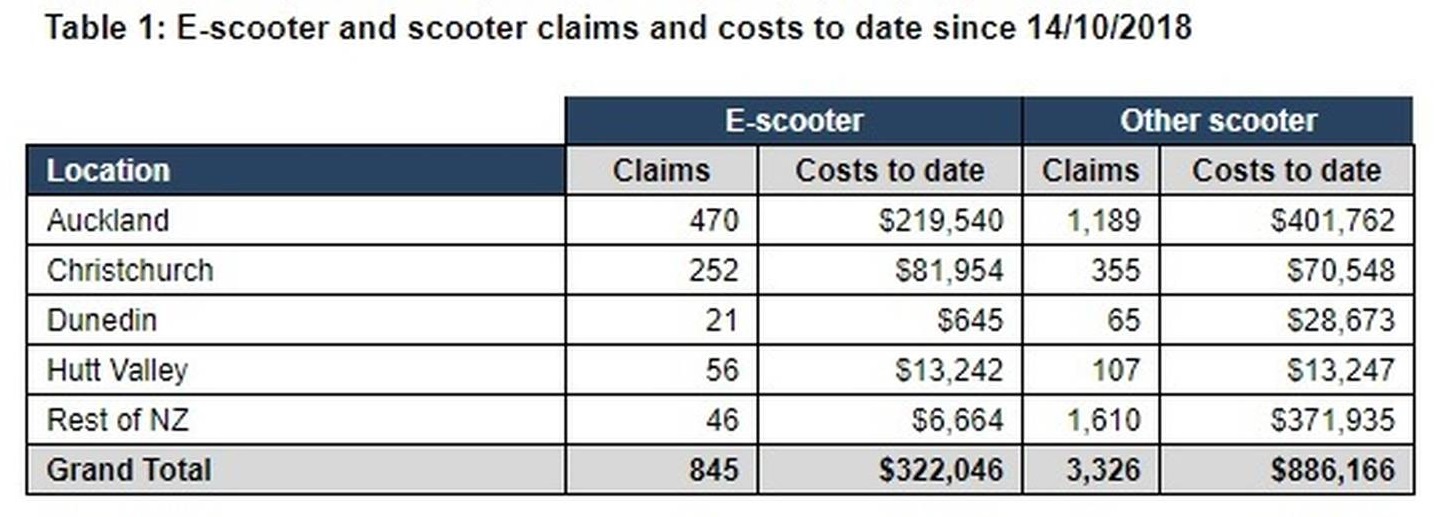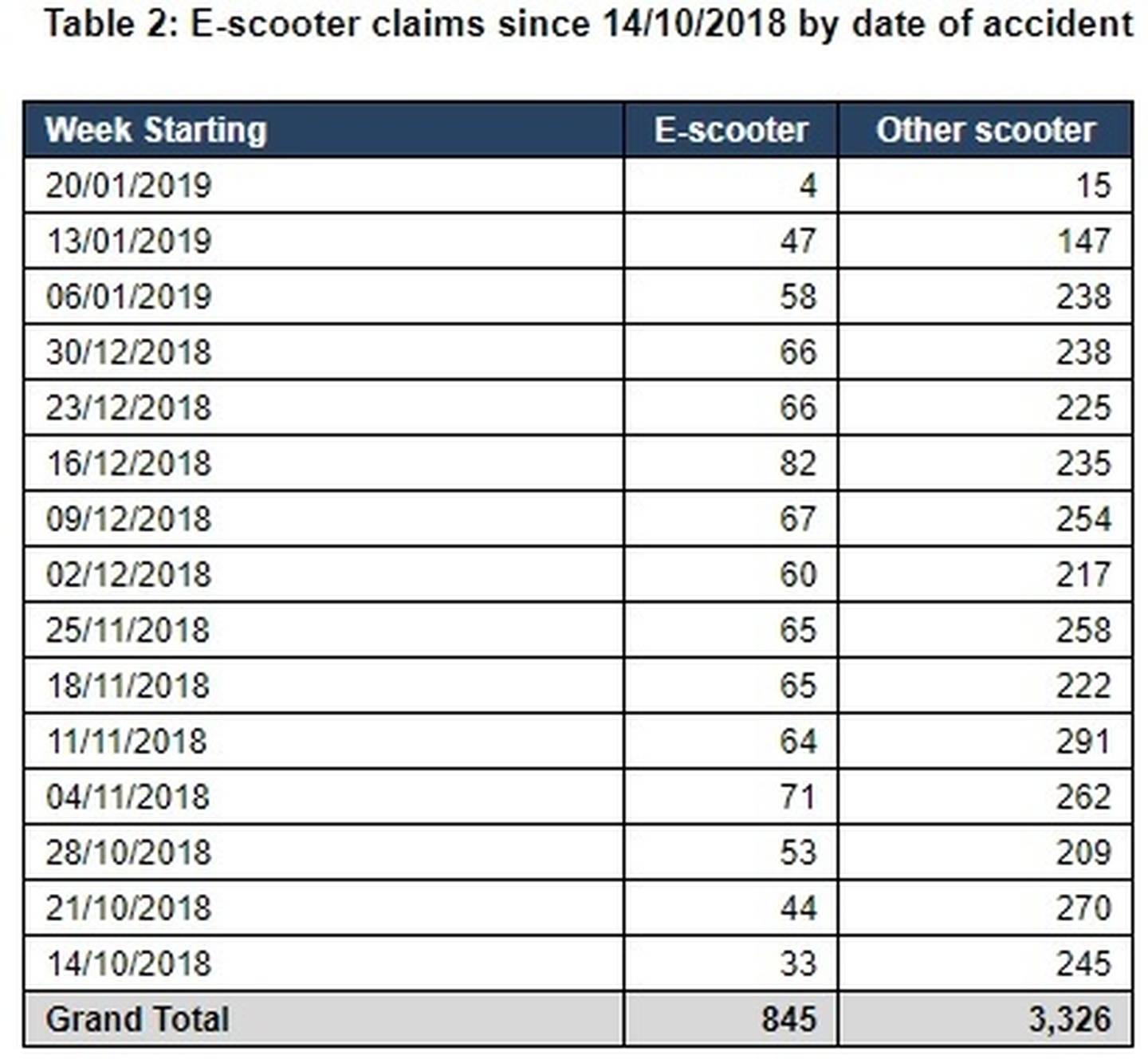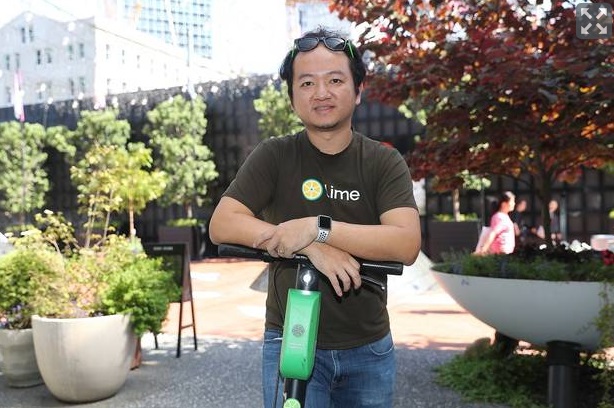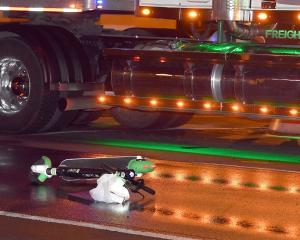
In the New Year, the Accident Compensation Corporation said the cost of injuries since Lime's mid-October NZ launch was $228,364.
Today, the agency said $322,046 in e-scooter costs had been racked up as of January 21 as the number of claims jumped from 655 to 845 (see more details in the tables below).
The figures below do not include the cost of emergency treatment at public hospitals, which is bulk-funded.

Since mid-October, there have been 14 claims falling under ACC's "Concussion/brain injury" category, 12 under "dental injury" and 134 under "Facture/dislocation" (see more in table below).
There is one positive, however. While cumulative costs have increased, the weekly rate of Lime accidents has been tailing off since a peak of 82 in the week beginning December 16, despite the scooter company launching into Dunedin and the Hutt in the New Year.

He said Lime was open to Auckland Councillor and planning committee chairman Chris Darby's suggestion of a per-ride levy.
Lime APAC government affairs manager Mitchell Price said the company agreed with Darby's suggestion that funds from any e-scooter tax go to building or upgrading cycleways.
Lime open to per-ride levy, slice going to ACC
Price said his deep-pocketed company was also potentially open on a slice of per-ride Lime levy going to ACC - but only if it had the certainty of a licence lasting 12 months or ideally longer (Lime is currently on a trial mobile-trading licence that, after a 10-week extension, will expire on March 31. So far, Lime has only forked over a token amount of money to the city; $3326 for its initial trial licence to January 14 and $2644 for the extension).
A slice of a Lime-levy is likely the only the San Francisco-based company would contribute to costs. It is privately-held and has not revealed its accounts, but it is likely to be making a loss as Sun pushes for his vision of more than 1 million scooters worldwide (which could include 20,000 in Auckland). For the time being, that means it pays no tax in NZ or anywhere else.

In New Zealand it's currently not a legal requirement to wear a helmet on an e-scooter, though Transport Minister Phil Twyford has indicated he's open to considering a law change.
Other possible law changes include allowing e-scooters into cycle lanes (currently a common site but technically illegal) and a 10km/h speed limit (a Lime can hit 27km on the flat).
Sun said he opposed a blanket speed limit.
He was pro various safety measures but "having enough speed for people to get from A to B fast is also important," the Lime boss said.
He was open to a speed limit in certain areas. Lime technology would soon be able to force riders to obey a speed limit in a high-density zone or shared area, he said.
Price said while Lime was committed to safety efforts on many levels, ACC costs also had to be seen in context.
Lime has 1000 e-scooters in Auckland and is clocking an average 7500 rides per day. All up, there have been more than 1.2 million Lime journeys in NZ since the mid-October launch, Sun says.
E-scooter accidents - although on a sharp rise - are still dwarfed by those generated by conventional scooters. And by the Herald's calculations, horse-related accidents have seen more than $6.5m in ACC costs since October.
Price also noted that around 1000 e-scooters had been sold to individuals since Lime launched. An unknown number of accidents were attributable to those.
Mitchell also said there had to be some onus of a degree of responsibility on the user. Toyota doesn't get blamed if the driver of a Corolla gets a speeding ticket, for example, he said.
Sun said improving safety was a matter of co-operation between Lime, its riders, the council and other agencies.
Comments
These are pure, unregulated, Market Forces. Even the DCC is laissez faire. OSH, Health & Safety, community, don't enter into it.
If there were a right to sue, it would concentrate municipal thinking somewhat.












